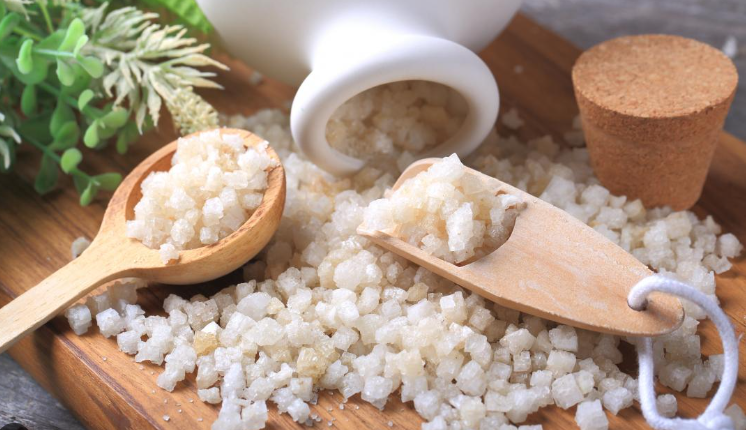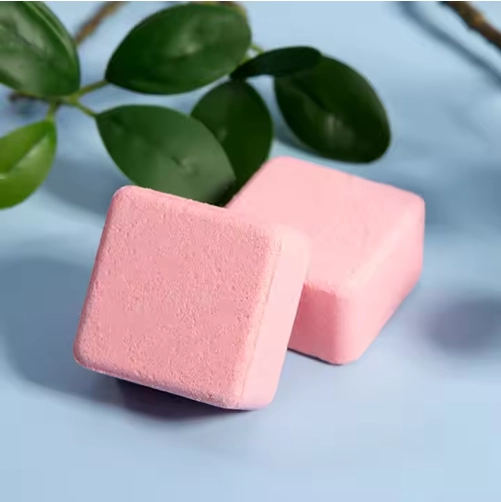What Is Epsom Salt?
Epsom salt is one of many naturally occurring mineral salts, a compound of magnesium and sulfate in rock-like formations. The name “Epsom salt” is a nod to the town of Epsom, located a stone’s throw away from London in England, where the salt was supposedly discovered about 400 years ago.
While it resembles table salt, it has a very bitter taste and isn’t really meant to be consumed. Most users dissolve it in a warm bath to soak in, hoping to relieve stress or sore muscles.

How Does It Work?
When Epsom salt is dissolved in water, it releases magnesium and sulfate ions.
The idea is that these particles can be absorbed through your skin, providing you with magnesium and sulfates — which serve important bodily functions.
Despite claims on the contrary, there is no good evidence that magnesium or sulfates are absorbed into your body through the skin.
Yet the most common use for Epsom salt is in baths, where it is simply dissolved in bathwater.
It can also be applied to your skin as a cosmetic or taken by mouth as a laxative or magnesium supplement. However, because of its laxative effects, it might not be an ideal choice as a magnesium supplement if your goal is to prevent deficiency.
Potential Epsom Salt Health Benefits
- May enhance exercise by reducing lactic acid buildup and improving muscle recovery when taken as a supplement.
- Can potentially relieve muscle soreness and inflammation. However, the direct benefits of Epsom salts are unclear.
- When absorbed through the skin, it may promote relaxation and sleep by supporting the production of neurotransmitters. However, study results are mixed.
- Can be used as a laxative to relieve constipation when dissolved in water and consumed orally. However, oral use is only recommended for certain individuals.
- Magnesium absorption from Epsom salt baths may provide some benefits, but more research is still needed.
- Those with medical conditions should avoid consuming Epsom salt.
How to use Epsom Salt
Baths - Add 2 cups of Epsom salt to bathwater and soak for at least 15 minutes. Can help dissolve salt quicker. However, direct benefits are unproven.
Beauty—Massage dampened salt into the skin as an exfoliant. When added to face wash, it may help cleanse pores. Mix with conditioner to potentially add volume to hair. Beauty benefits are anecdotal.
Laxative - Take dissolved in water for constipation relief. Follow package directions, starting slowly and increasing the dose as needed. Never exceed the maximum recommended dose without doctor approval. Only use pure, supplement-grade Epsom salt.
While Epsom salt has many proposed uses, rigorous scientific evidence on its efficacy is lacking. Carefully follow usage guidelines and consult your doctor, especially when ingesting. Start slowly and adjust amounts based on your personal tolerance and needs.





